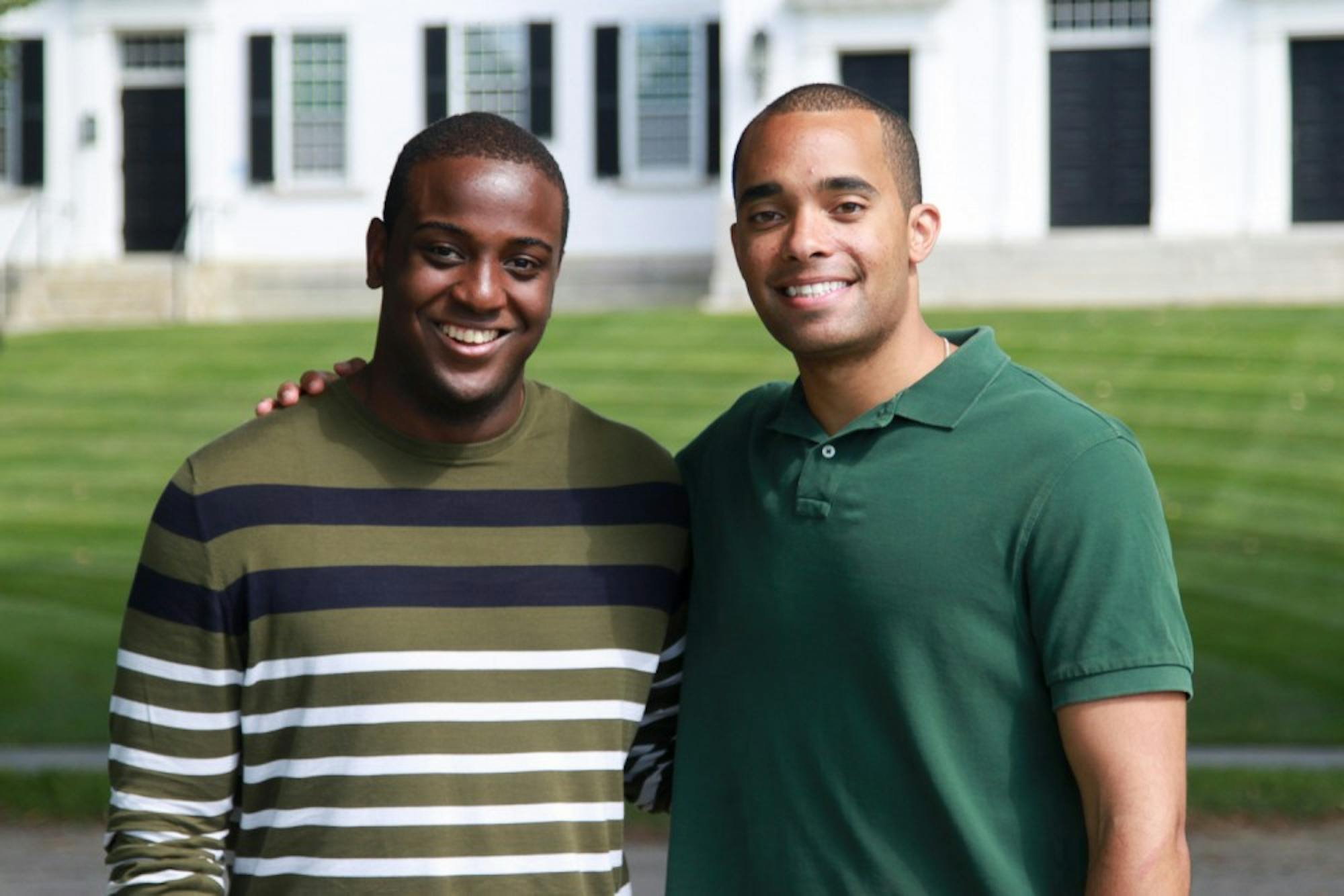A new meeting structure, faculty participation and “state of the student body” videos mark changes to Student Assembly this year.
The year’s agenda will focus on “transparency and action,” student body vice president Frank Cunningham ’16 said.
To increase student participation, the Assembly will replace its general body meetings, which attracted low turnout, with debates on campus life, student body president Casey Dennis ’15 said.
The Greek system debate held in April, which drew a large crowd, inspired them to make the change, Dennis said. During the debate, four seniors argued before a crowd of nearly 200 about whether fraternities and sororities should remain in place.
“We think that Student Assembly should definitely be setting up events like this, getting students out, talking about the issues and coming up with solutions,” Dennis said. “With previous town hall meetings, the max turnout used to be 20 students, and we’d like to see that change.”
Each term, the Assembly plans to host two or three debates organized by the academic affairs committee, which will seat four professors for the first time this year.
The Assembly’s executive board will meet on Sundays, followed by nighttime office hours. Students can email the Assembly if they want to speak at a board meeting, Dennis said.
The team also plans to release termly campus climate surveys, Cunningham said. Campus surveys have been called for throughout the past year, and were initially listed among other proposals in the “Freedom Budget,” a student-authored list of demands released in February that sought to prompt administrative action.
Following a sit-in of College President Phil Hanlon’s office last April, a document signed by protesters and then Dean of the College Charlotte Johnson included an agreement to conduct a survey and release the results publicly by 2016.
Dennis and Cunningham also plan to visit freshman floors and host dinners with campus organizations to increase communication, as well as push for policies that address issues like mental health and sexual assault.
This year, the Assembly has seen an $18,000 funding cut, with $40,000 to spend. In its initial budget request, the Assembly asked the Undergraduate Finance Committee for $70,500. To make up for the cut, the Assembly will look to co-host some of its events, Dennis said.
Collis Center director Eric Ramsey, who advises the UFC and the Assembly, said last year’s Assembly ended the year with a surplus. The UFC thought $40,000 was enough to give the Assembly flexibility in implementing its platform while working with other UFC organizations and College departments to supplement its budget, he said.
“In a year at Dartmouth, priorities change, so sometimes what the incoming president thought they were going to do, they don’t end up doing,” Ramsey said. “That’s where the UFC this year really said, ‘We’re not going to fund you on a line-item basis, but give you enough to get started and implement your platform.’”
The Assembly also added a vice-treasurer position to the executive board to assist with money management, Dennis said.
Reflecting on the challenges his team is likely to face this year, Dennis said the Assembly may have difficulty garnering high student participation.
“When we ran we thought that there was a lukewarm middle where a lot of students didn’t really have a way to participate in the political matters of the College,” Dennis said, noting a need for student support if the Assembly is to be successful.
Student apathy has long hindered Assembly leaders. Former student body president Adrian Ferrari ’14 and vice president Michael Zhu ’14, who led the Assembly in 2013-14, said they left an “invisible legacy” in lieu of implementing flashier initiatives. Their focus on building a sound organization, they said, would help their successors hit the ground running.




